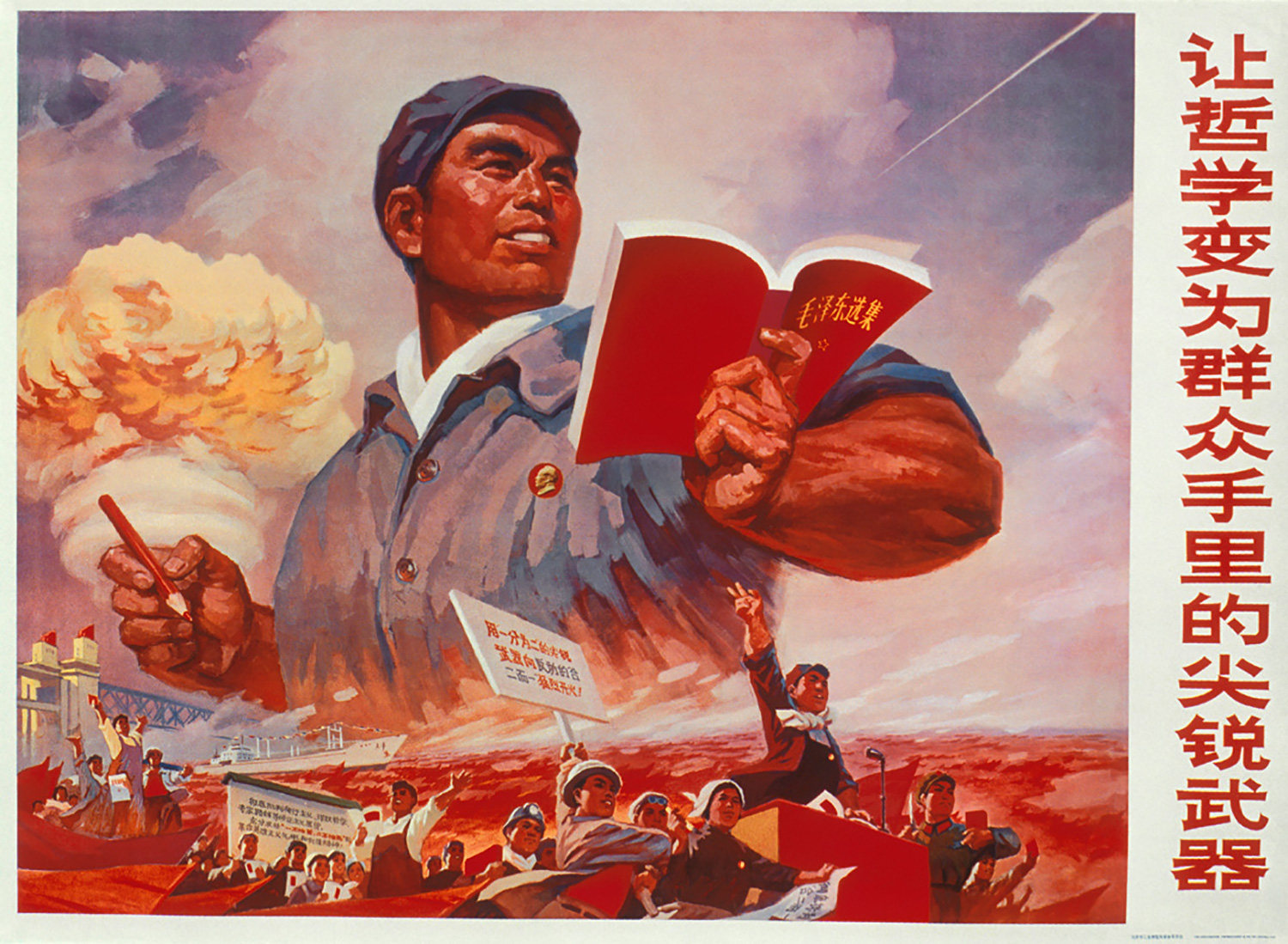
Introduction
I recently read The Private Life of Chairman Mao, and thought it worthwhile to reflect. This book is written by Mao's private doctor, Li Zhisui, who was by his side for decades. This provides a “fly on the wall” perspective of many important historical events. I read this because of a recent interest in the mechanisms people use to obtain great power. This book is particularly interesting because it wasn't written by a historian, piecing together details second-hand through sources, or by the person themselves, with all the conflict of interests that come with it. Instead, Dr. Li provides an eye witness account of the horrors and the private conversations between those at the top.
The Impact of Culture
Mao could not have been as successful without the power structures and culture that surrounded him. For instance, those in power were held responsible for the mistakes of their direct reports, which encouraged people in power to attack the lower-ranked reports of their enemies. These unspoken political battles would ruin the lives of innocent people, who were often banished to a lifetime of hard labor for being “counter-revolutionaries”. In a world of constant fear and political backstabbing, it's not surprising that other aspects of the culture were a total lack of transparency and the demand of total loyalty to one's superior.
In this environment, no one wants to take ownership, be forthcoming with inconvenient truths, or stand out for anything except blind loyalty. This is not exactly the recipe for innovation and productivity! My take-away is that it wasn't just a flawed ideology like Communism that caused to the catastrophic economic failures that followed, but also this toxic culture. While the widespread confiscation of personal property in the name of Socialism surely accelerated the downfall of the economy, who knows what damaging initiatives could have been dreamt up by Capitalistic ideologues in a similarly toxic culture.
But it's difficult to separate culture from ideology. At many points, Communism seemed little more than a talking point, or a mechanism to unite the people and win their sympathies. It provided a convenient narrative to justify Mao's initiatives, which seemed entirely motivated by gaining or maintaining personal power. The Cultural Revolution, for instance, primarily existed as a mechanism to mobilize a naive youth to attack his enemies and expand the power of his wife. But as a friend pointed out, Communism is indeed convenient for tyrants, because a people embracing Communist ideals implicitly accept the notion of a powerful state. In this sense, it allows tyrants to thrive.
Ideology aside, the mistruths that the political culture not only permitted, but encouraged, were a primary cause of the economic collapse. During the Great Leap Forward, Mao made it clear that those in power that made the most fantastic claims about agricultural productivity were to be most rewarded, regardless of their ability to actually deliver on those promises. The taxes were collected on the fabricated values, which meant most of the actual crop was collected by the state and exported, while 10s of millions of people died from famine. To meet ridiculous promises of steel production, peasant families used their homes as tinder to fire make-shift steel mills that melted down their silverware and door knobs to create totally useless steel. Lies do not deceive reality.
Reflections on the modern world
I wonder how much of America's success is due to its power structures, like the system of checks and balances, instead of it being so-called Capitalistic. Have we thrived because we have term limits and a cultural expectation of transparency and accountability, or because of some commonly held Capitalistic ideal that its better to rely on self-interest instead of altruism?
Government aside, the world of business provides a fascinating study on the affects of culture. Having worked in a variety of companies and industries from banking to tech, I have seen first-hand the impact culture has on behavior. The answer to some simple questions can have profound impact:
- How does a regular employee get information to the CEO?
- What happens to the harbinger of bad news?
- On what bases are people promoted and fired?
- How do important decisions get made?
Looking forward
Given these insights, what should we prioritize as a nation? In my opinion, the value of truth is of paramount importance. The recent trend toward anti-intellectualism and the idea that we're each entitled to our own facts is extremely dangerous. As was the case in the Great Leap Forward, reality has no tolerance for the bullshit of man.
Equally important, we must resist the manipulation from propaganda by those in power. Much like the peasants that were swept by the promises of Socialism and led to battle someone else's enemies, we cannot buy into the black and white narrative of Liberal vs Conservative and be baited by those that benefit from our outrage. While we argue over gender and bathrooms, the few in power manipulate the system to gain tremendous wealth and power (as the tax code and all its oddly specific loopholes can attest).
So how should we proceed? Perhaps a productive way forward is to first focus on the rules of the game to make sure we have healthy power structures. For instance, decide on sane rules for how money and the political system interact. Should we allow corporations to spend billions in attempts to gain favor and influence with lawmakers? One could argue that the biggest internal political threat America is facing is not the possibility of a single tyrant leader, but corporations that use their tremendous wealth to gain tremendous power. Should there be a maximum campaign contribution size for individuals? Not only are we more likely to agree on these sorts of issues, but they could lead to large-scale systemic change that disrupts the balance of power. Like Mao, some people are willing to do whatever it takes to obtain and expand their power, and it is of paramount importance to create a robust system that protects us from tyrants, regardless of their claimed ideology or organizational identity.
